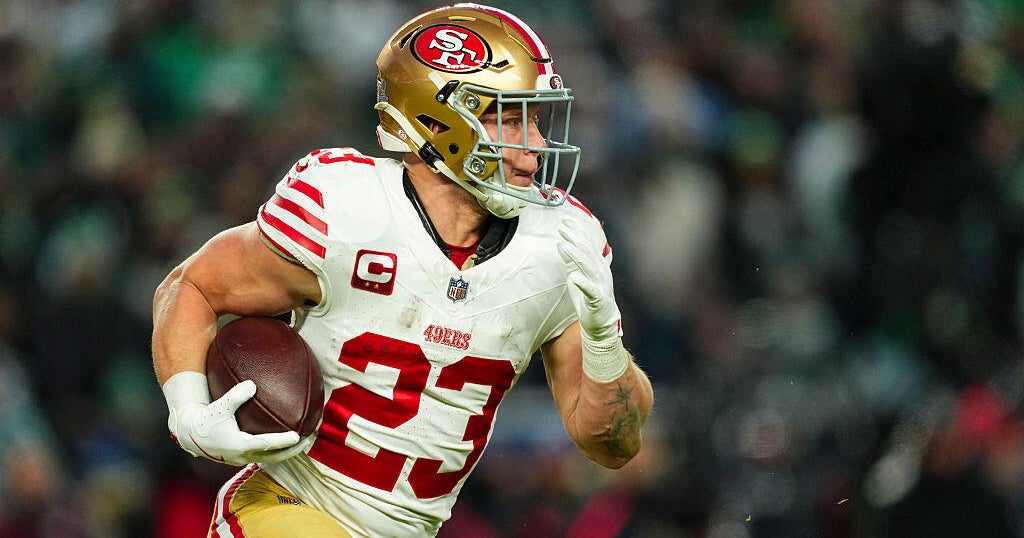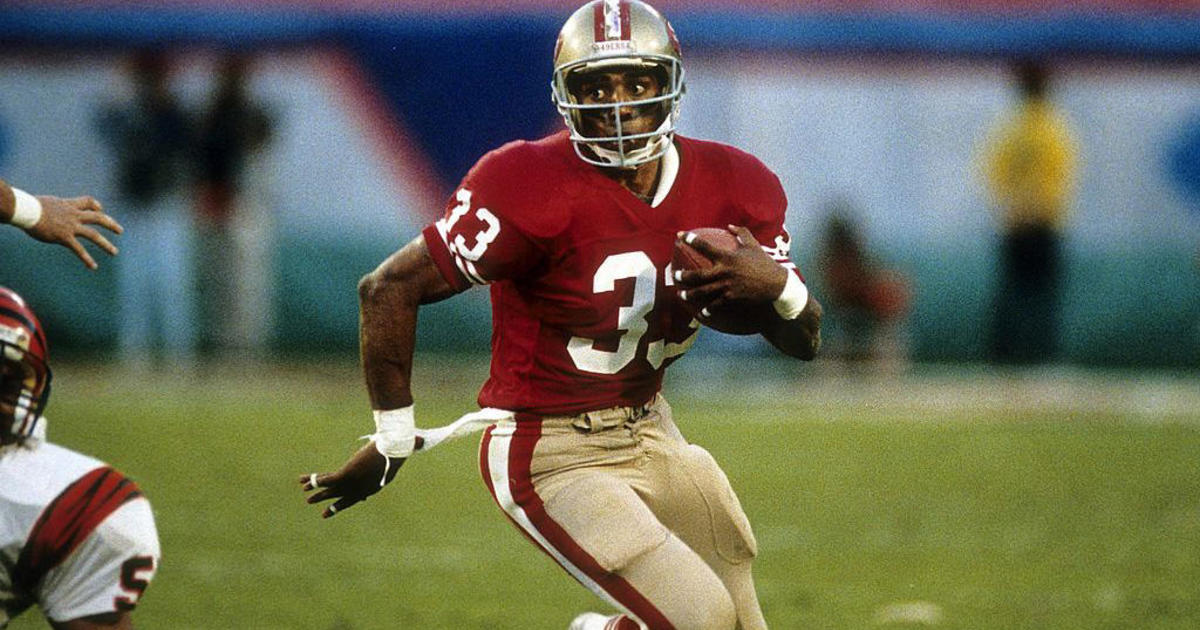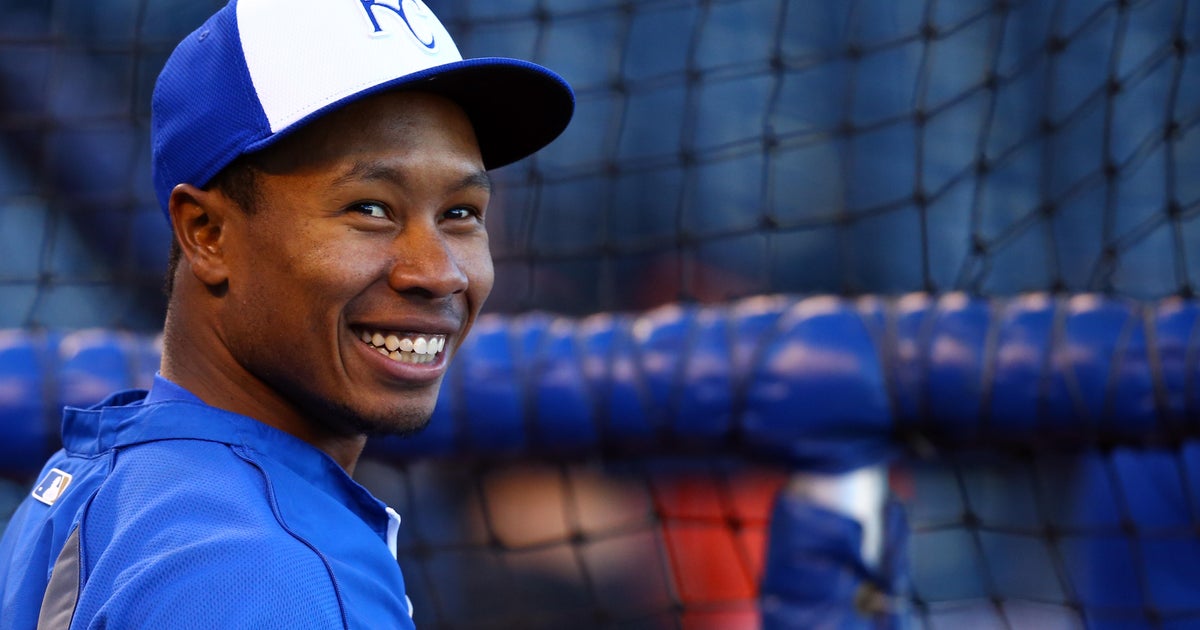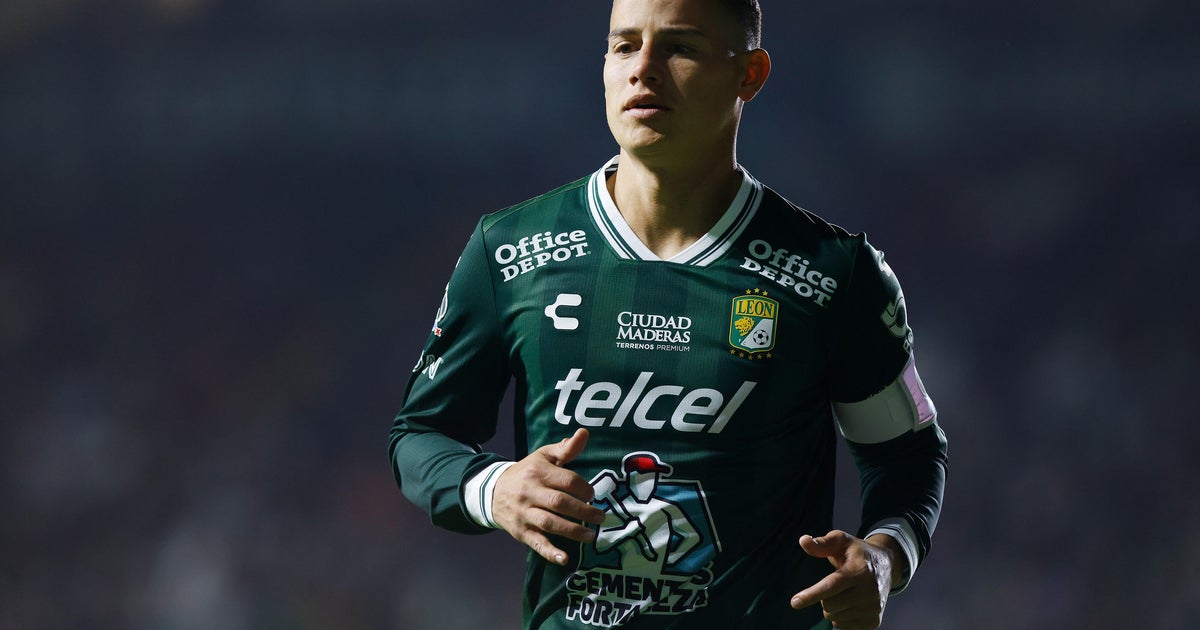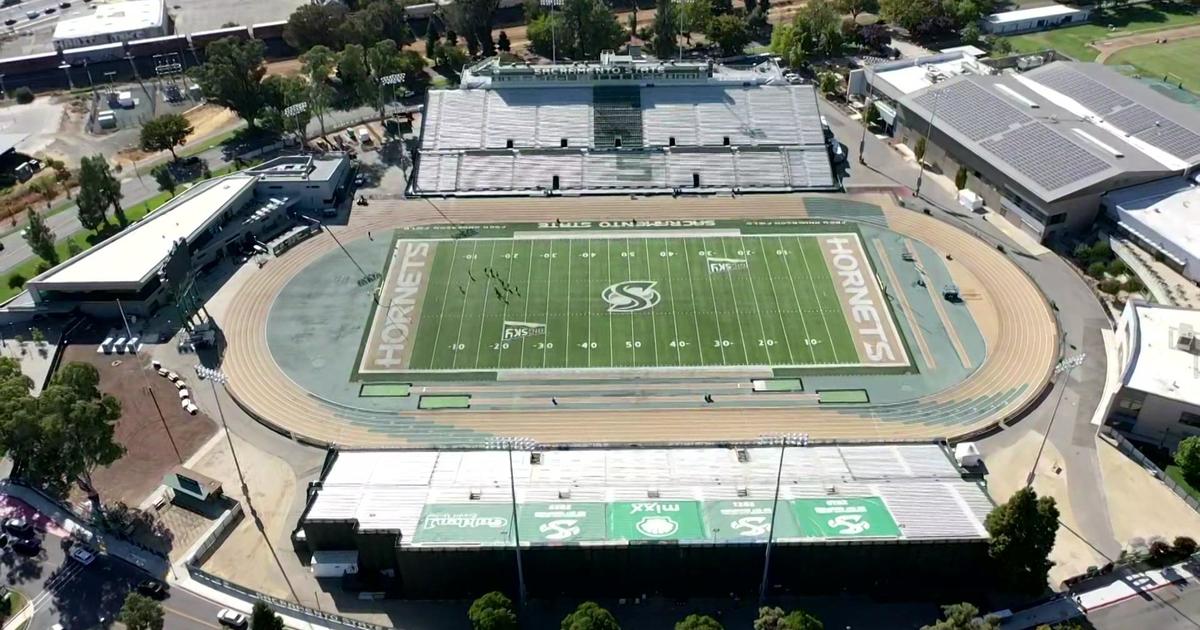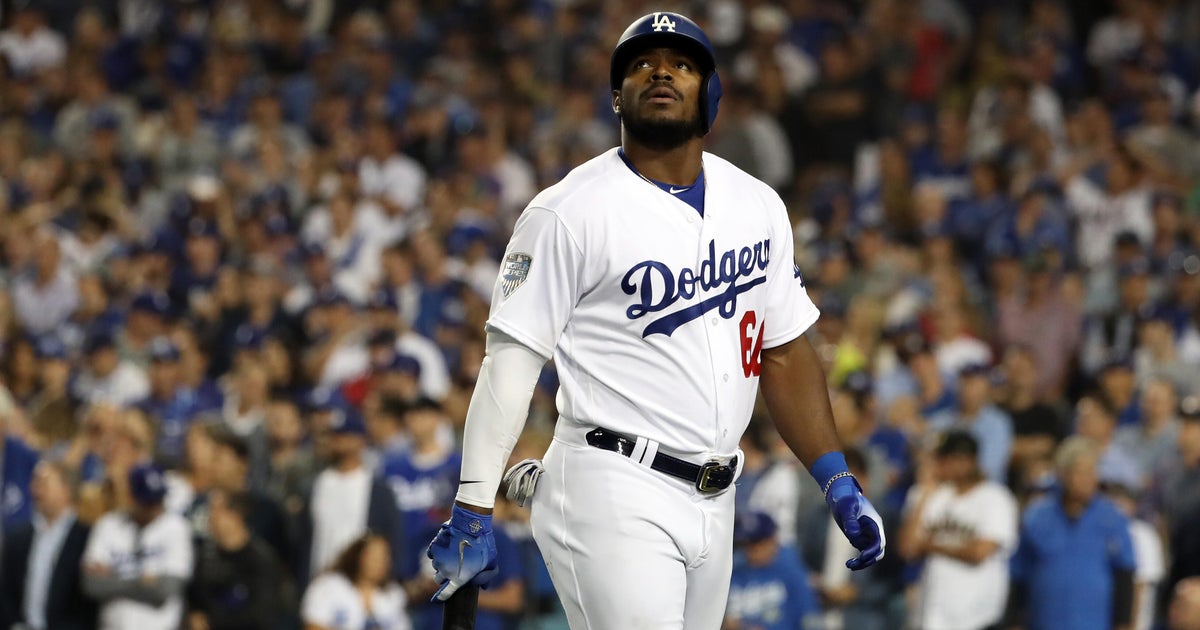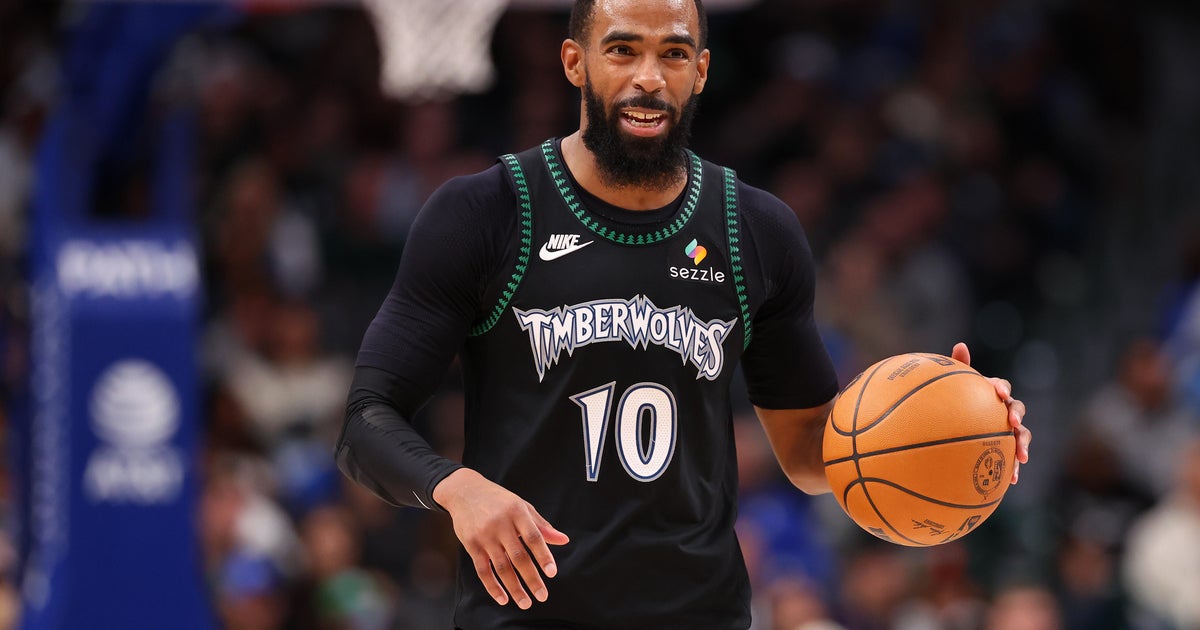MLB Dealing With Concussions Too
While the NFL is trying to reduce concussions in football, the MLB is changing their rules on the injury as well. Major League Baseball could adopt a new 7-day disabled list just for concussions.
The NFL is not the only sport figuring out how to deal with head injuries. Major League Baseball might create a 7-day disabled list just for players with concussions as soon as next season, a person familiar with the proposal told the Associated Press.
The new DL would be in addition to the 15- and 60-day lists that already exist for injuries of all sorts, the person told the AP, speaking on condition of anonymity because the proposal is in the preliminary stages.
It's the latest example of the ways in which various leagues are addressing concussions, an injury that has drawn the most attention lately in football -- and an injury that medical experts say they are still in the process of understanding, particularly when it comes to prevention and treatment.
After a series of illegal hits last weekend, the NFL imposed fines of at least $50,000 on three players and warned that, starting with this week's games, violent conduct will be cause for suspension. Commissioner Roger Goodell sent teams a memo "to emphasize the importance of teaching safe and controlled techniques" related to "contact to the head and neck."
Make no mistake: Concussions can happen on all fields of play, and officials at Major League Baseball, the NHL and NBA are following the developments in the NFL.
There was a two-day summit on hockey concussions at the Mayo Clinic this week, for example. And now comes word that a 7-day DL will be considered this offseason by a new concussion subcommittee that is being formed under baseball's medical advisory committee, according to the person who described the proposal to the AP.
If the subcommittee OKs the idea, it would need to be approved by Commissioner Bud Selig, then the players' union. A change to the disabled list rules would be subject to collective bargaining with the union.
All four of the major U.S. sports have moved closer to each other on concussion policies in recent years.
One example: The NFL decided last year to make every team identify an independent neurologist for players to see when they have a concussion; that's something the NHL began doing in 1997.
"I would say now the sports are 90 percent in agreement, and I wouldn't have said that four or five years ago," said Mark Lovell, the founding director of the University of Pittsburgh Medical Center Sports Medicine Concussion Program. "There's not a huge variability in terms of how the injury is managed on the medical side. ... Overall, the standards are pretty uniform."
Lovell has served as a consultant in several sports -- including the NFL, NHL, Major League Soccer, auto racing circuits and the U.S. Ski Team -- and developed the neurocognitive testing that is used to establish a baseline against which results can be compared when players have a head injury.
Teams in the NFL, NHL and baseball's major and minor leagues are required to have players take those tests. Some NBA teams do it, too, Lovell said, even though "you're certainly not concerned about concussions in the NBA to the extent that you are in some of the more collision-sport areas."
That also explains why the NBA -- unlike the NFL, NHL and MLB -- doesn't have a formal concussion policy, league spokesman Tim Frank said.
"But it's not like we turn a blind eye to this," Frank said. "It's just not been a prominent issue in our league to this point, but it's certainly something we monitor very closely."
Indeed, the NBA even keeps track of the number of concussions its players get, something the NHL and baseball also do, although none make that data available to the public.
Explained NHL spokesman Frank Brown: "You cannot measure concussions prevented by an appropriate medical approach or by rule changes or by respect that players show for each other."
Every week, the NFL releases official team-by-team injury reports that list players and the nature of their injuries, as well as noting how much they participated in practice or their status for that week's game. In a practice report issued this week covering 24 of the league's 32 teams, a total of 200 players are listed as having some sort of injury -- 15, or 7.5 percent, with a head injury, neck injury, concussion or migraines.
The NHL saw head injuries to such high-profile players as Pat LaFontaine, Eric Lindros and Scott Stevens in the past. In baseball, the Minnesota Twins lost All-Star slugger Justin Morneau for the last three months of this season because of a concussion, for example, while the New York Mets had a series of players with head injuries: David Wright, Jason Bay and Ryan Church.
And those sports, like the NFL, have reacted.
In March, the NHL -- which has been taking on concussions since the 1990s -- issued a ban on previously legal shoulder hits to the head from a player's blindside, a fairly rare instance of the league changing rules during a season. While the NHL stopped short of banning all contact with the head, it did bar what is considered the most dangerous type of hit, and players now can be ejected for them.
None of the leagues has explicit rules for exactly how long a player must sit out with a concussion, which is why Morneau was sidelined from July until the playoffs, while Chicago Bears quarterback Jay Cutler, for example, missed only one game after getting hurt this season.
Lovell, the concussion expert, thinks that disparity is OK, because concussion treatment needs to be guided by an individual's health, rather than one-size-fits-all rules.
"The injury is so variable from person to person, not just from sport to sport. There's still a lot of stuff we don't know about concussions, and I'd say 80 to 90 percent of what we do know, we've learned in the last 10 years or so," Lovell said. "That's how quickly this is evolving. Everybody is different in terms of their tolerance."
Copyright 2010 by STATS LLC and The Associated Press. Any commercial use or distribution without the express written consent of STATS LLC and The Associated Press is strictly prohibited.
